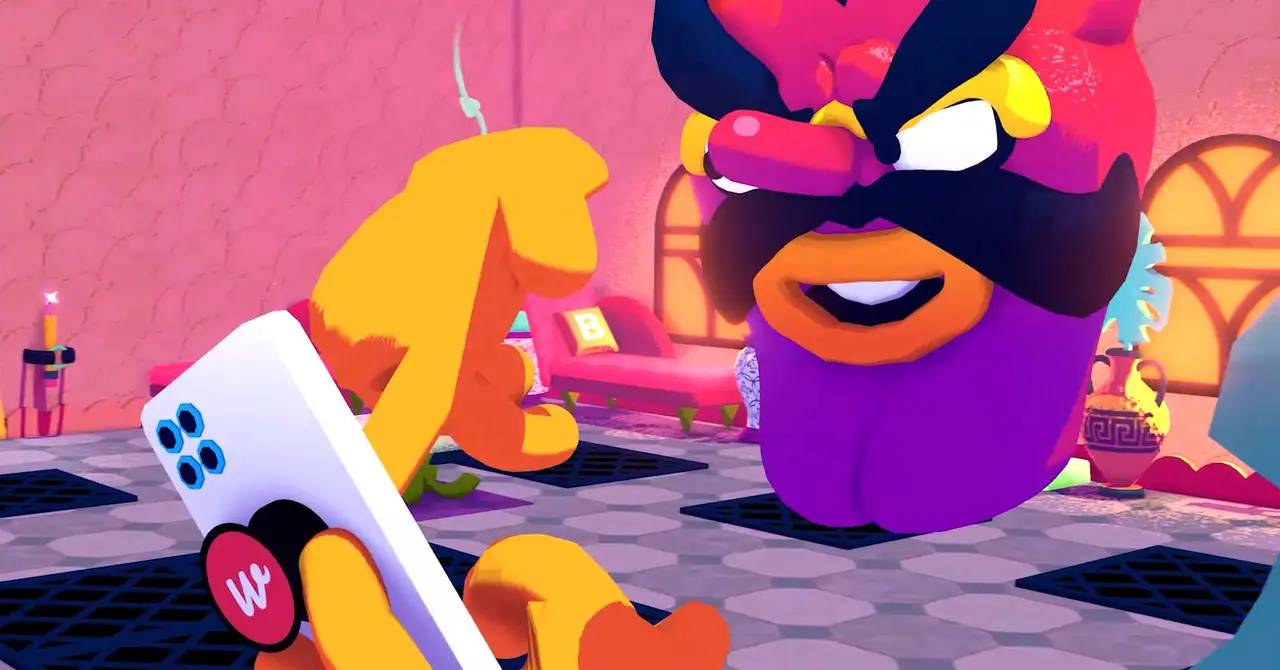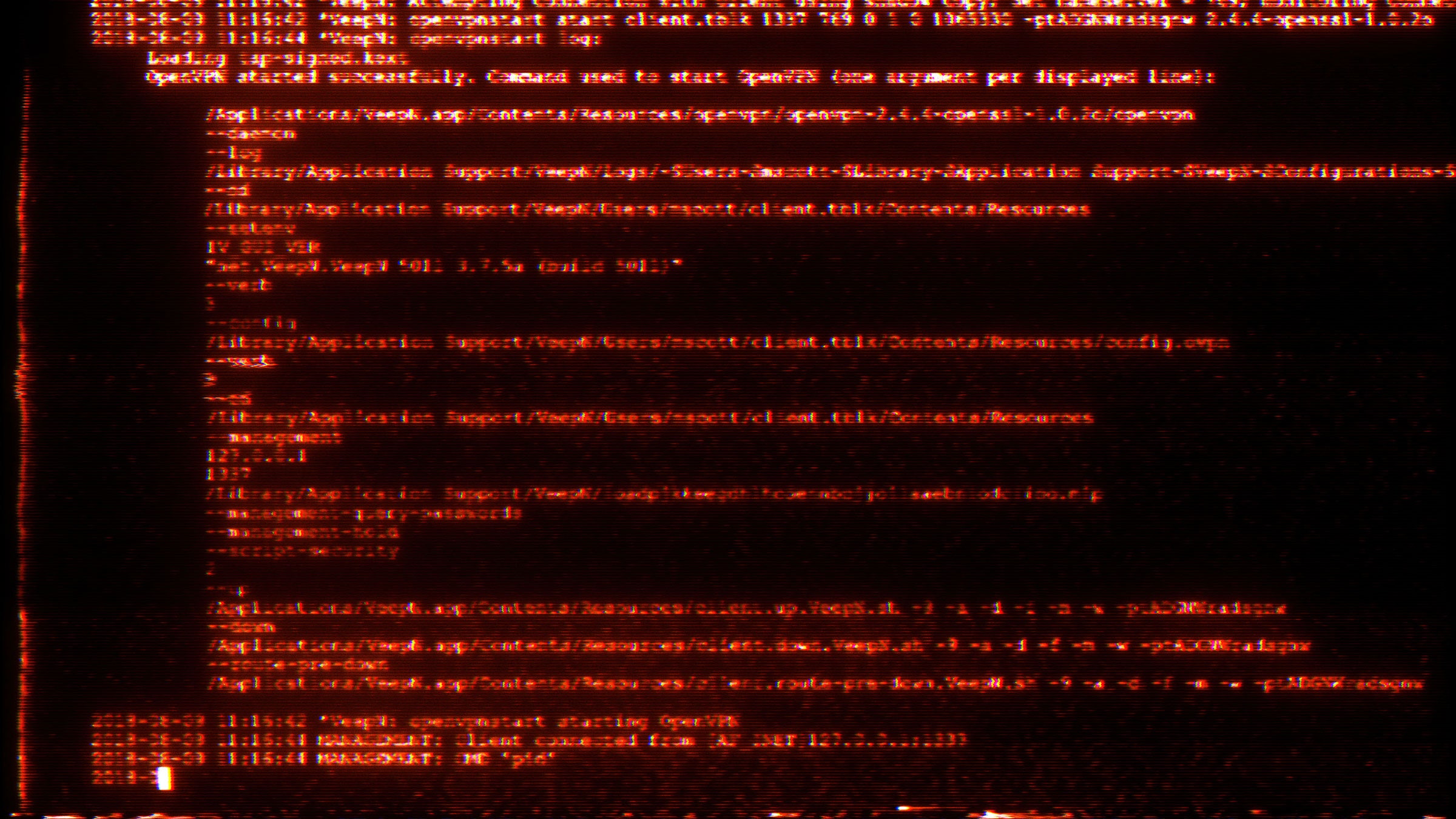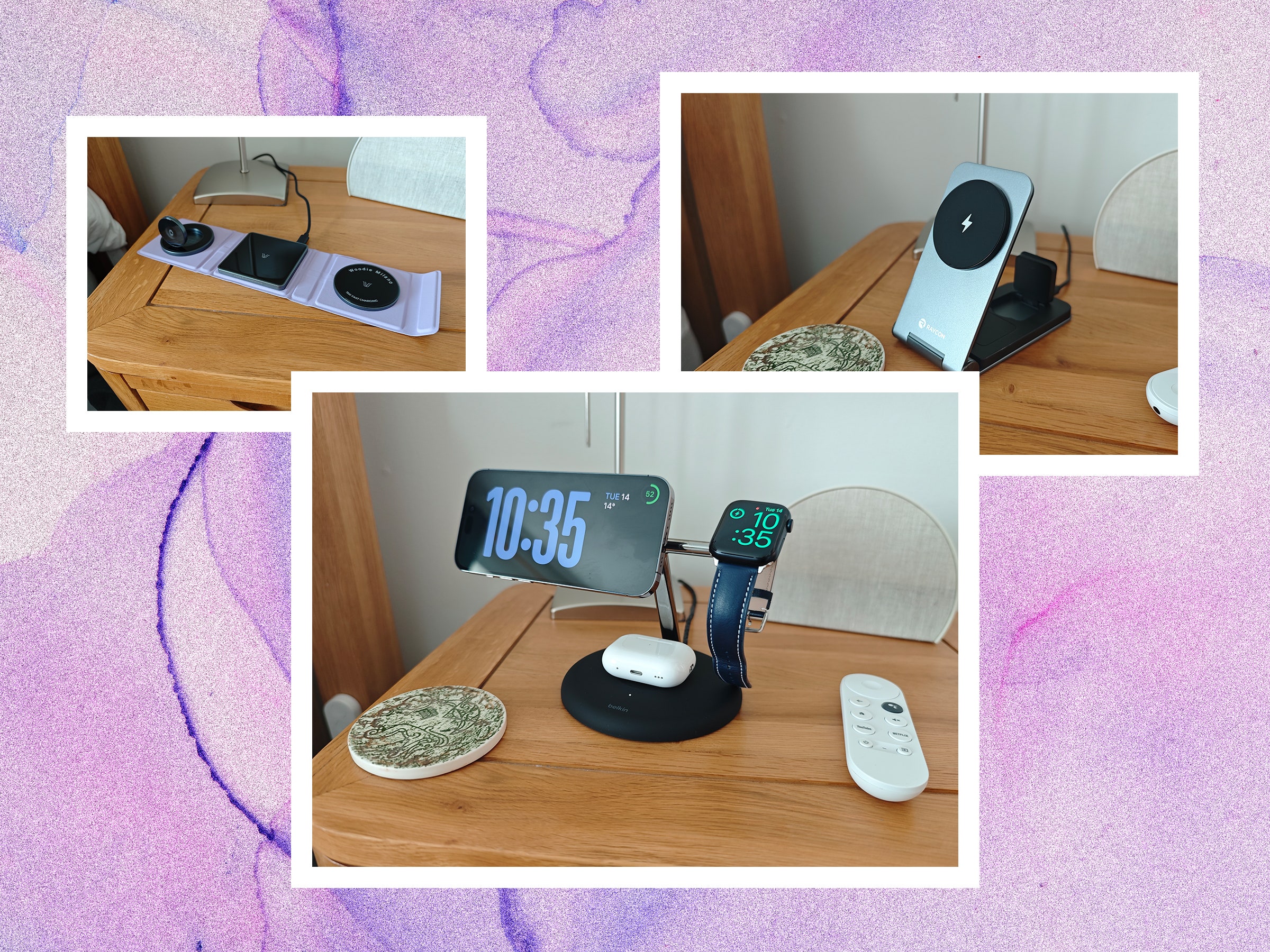Donations Make us online
Beyond the game’s eclectic weapons, we later learn that the monsters are the ghosts of past failed startups. Each startup represents a level with its own characters and backdrops, populated with overly caffeinated and handsy bosses that “trust fall” onto you as a finishing move. From Joblin, a gig work startup similar to Fiverr or TaskRabbit, to Styxxcoin, a crypto mining startup, we get an all-too-relatable taste of a new dotcom bubble burst, a fate that is continuously teased as being dangerously close for Fizzle’s employees.
The levels are filled with hidden gems and “inside jokes” for those familiar with the endless contradictions of corporate culture—real or gamified. It becomes a small, dark delight to explore the vestiges of startups that were indeed big enough to fail, haunted by employees who still roam the halls of their old stomping grounds.
One of the most important mechanics established early on is the ability to build relationships with your coworkers. We meet Kara, the jaded programmer who’s generally adverse to Big Tech, forewarning us of the evils that await in the game. Swomp, a barista and the token office Chad, is intent on calling you some variation of the word “babe.” We get a glimpse of the mad scientist at the innovation core of Fizzle, whose relentless pursuit of discovering the next big flavor is the only thing he thinks about.
Throughout the game, Jackie takes on a passive role as an exploited, unhappy employee stuck doing the company-sustaining work no one has wanted to do for years, all beyond her pay grade of zero. From solving general workplace tussles to finding a solution to the startup founder’s debt troubles, Jackie, from the position of least influence, is consistently asked to do the most.
We come to sympathize with her replaceability and the lack of value placed on her role despite the work she does—an unfortunate byproduct of the “grand scheme of things” we only have so much power to change. To add insult to injury, the few moments we do witness her outside of work are spent in her room, as she experiences nightmares of her alt-girlboss self having to slay monsters. Unpaid overtime, even in her subconscious.
As you play, you also come to sympathize with the mentors Jackie develops relationships with, coworkers all too familiar with the realities of working in a scrappy startup space. “Crunch,” for example, the mandatory overtime that everyone seems to encounter a lot in their time at Fizzle, is awful, but everyone’s decided to stay, for better or worse. More than just quirky characters, the rotating cast of mentors provides a shaky solidarity mirrored in real-world tech jobs. Her mentors name the issues they see and recognize Jackie’s experiences, but like real-world mentors, are often unable to help her directly and need help of their own. Still, everyone mostly does their best.
In combat, the mentors impart knowledge and help you unlock essential battle skills. While you start your adventure alone, you finish with everyone’s support, a testament to the power of individuals banded together in a collective (read: union?). While a bit cheesy, this aspect of the game was comforting in times that were otherwise quite unsettling and in the face of particularly challenging boss confrontations (battles and otherwise). It’s also a reminder that, even when the pipes burst, headquarters is fully underwater, and there is no outlook—let alone a positive one for Fizzle—you can always have a dance party.
Source link












Leave a Reply